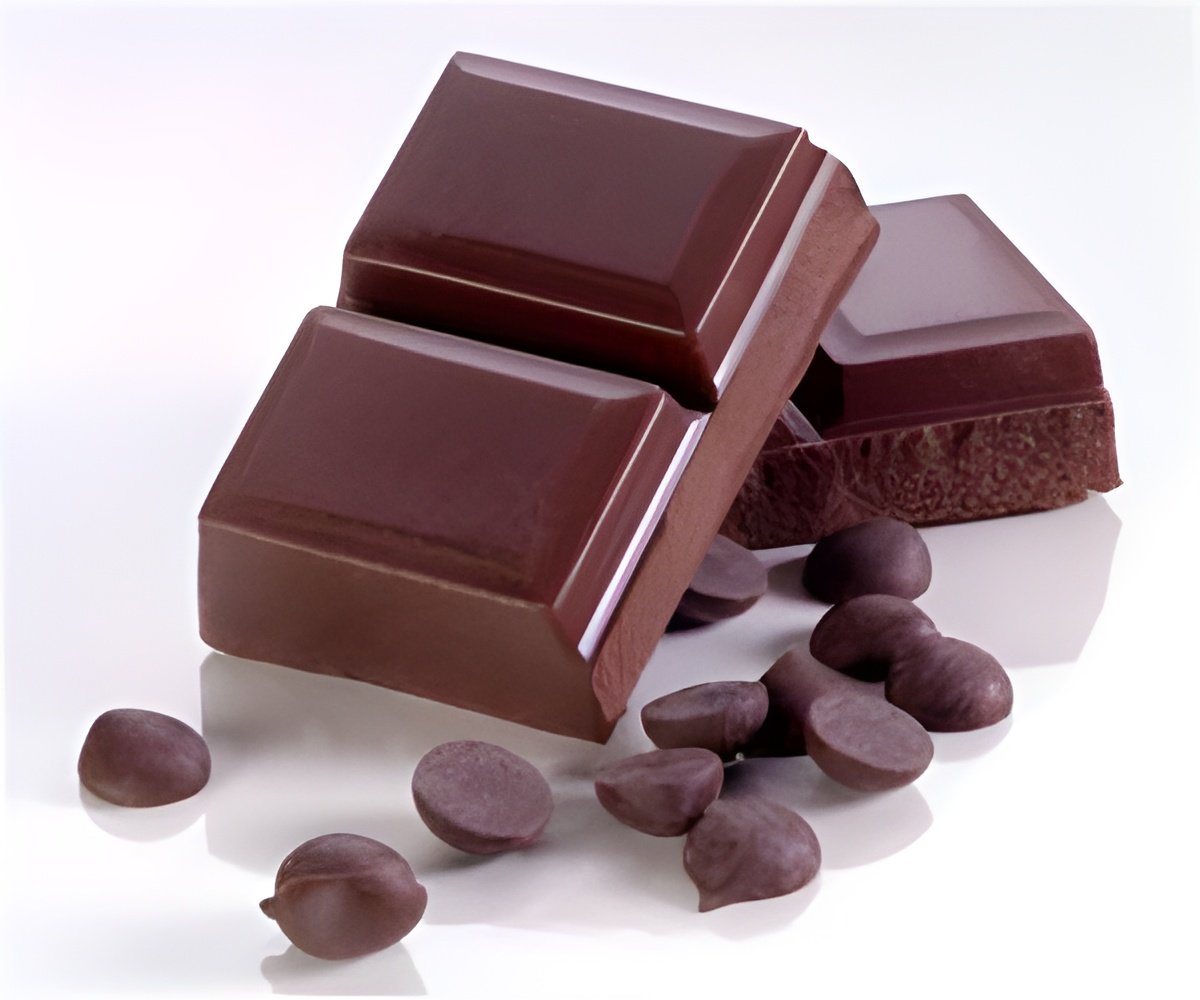
"Even consuming a relatively small amount of chocolate had quite a large impact on stroke risk," said Larsson.
However, she says, the benefit appeared proportional to the amount of chocolate in the women's diets.
Larsson's two-bar approximation was based on the effects associated with consuming about 66.5 grams, or about 2.33 ounces, weekly.
Researchers reviewed participants' responses to questionnaires about their diet during the last year. They then grouped the women by the frequency of their chocolate consumption, ranging from never to more than three times a day and looked for associations between strokes and the amount of chocolate the women regularly ate.
The researchers found that subjects who ate about two bars of antioxidant-rich Swedish milk chocolate every week had "significantly reduced risk of stroke," compared with those who ate no chocolate, "suggesting that higher intakes are necessary for a potentially protective effect."
Advertisement
The study has been published in the Journal of the American College of Cardiology.
Advertisement














